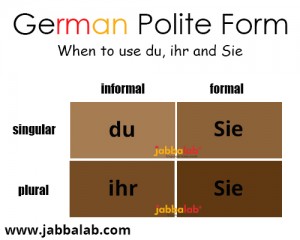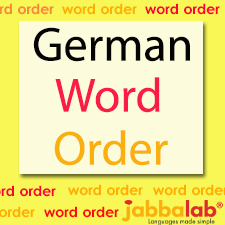German Polite Form When to use du, ihr and Sie? In English, there is only one word to say you while in German there are three. The informal word is du in the singular and ihr in the plural. In the formal form, both singular and plural is Sie. You can now learn even more […]
Read the Full Blog Post



















